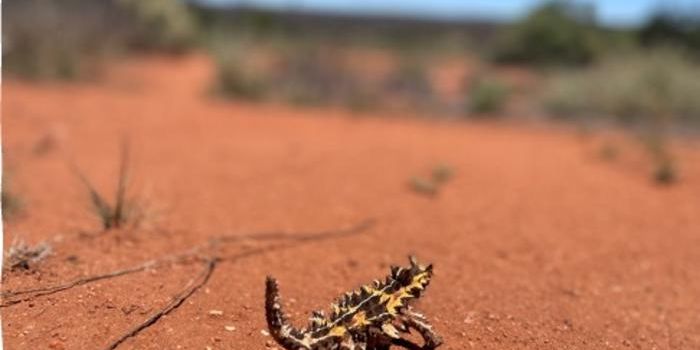Scientists Solve Sea Lion Cancer Mystery
For more than thirty years, scientists have tried to solve the mystery of the high prevalence of cancer among wild California sea lions. According to a study from The Marine Mammal Center (TMMC) in Sausalito, California, necropsies of adult sea lions that had stranded between central and northern California coast revealed that one in four had cancer. TMMC reports that “wild California sea lions have among the highest prevalence of a single type of cancer in any mammal, including humans.” More than 90% of the animals had urogenital carcinoma—cancer that originates in the genitals and rapidly spreads to lymph nodes and major organs.
According to TMMC, scientists hypothesized that a virus caused this cancer. New research confirms their suspicions, and the work done with California sea lions may be a valuable model for human cancer studies. The research results were published earlier this year in Animals.
According to the study, a sexually transmitted herpes virus is the main factor leading to sea lion urogenital carcinoma development. Additionally, the research suggests a trigger that causes the cancer to develop in some infected sea lions, but not others. Another recent study points to coastal pollutants like PCBs and DDT as the trigger. TMMC reports that in Southern California, there is a large DDT dumpsite near a large sea lion rookery, where pups are born each year.
Dr. Alissa Deming is this study’s lead author, and she is now the Director of Clinical Medicine at the Pacific Marine Mammal Center in Laguna Beach, California. In the press release from TMMC, she stated, “The confirmation that this is a virally induced cancer combined with the knowledge that contaminants play a significant role in the cancer’s development means that we can use these sea lions as a naturally occurring disease model to better understand how cancer develops and spreads in all species, including humans.”
As a coastal species, California sea lions are inherently tied to the health of coastal land and waters. TMMC reports that they’re exposed to dietary contaminants, infectious disease, and other environmental stressors throughout their natural range. According to TMMC, these sea lions are representative of how cancer develops in “the real world” rather than in traditional laboratory models, making them a valuable parallel to human studies. The research team is hopeful that their work can guide future research for cancer in humans.
Sources: The Marine Mammal Center, Animals









